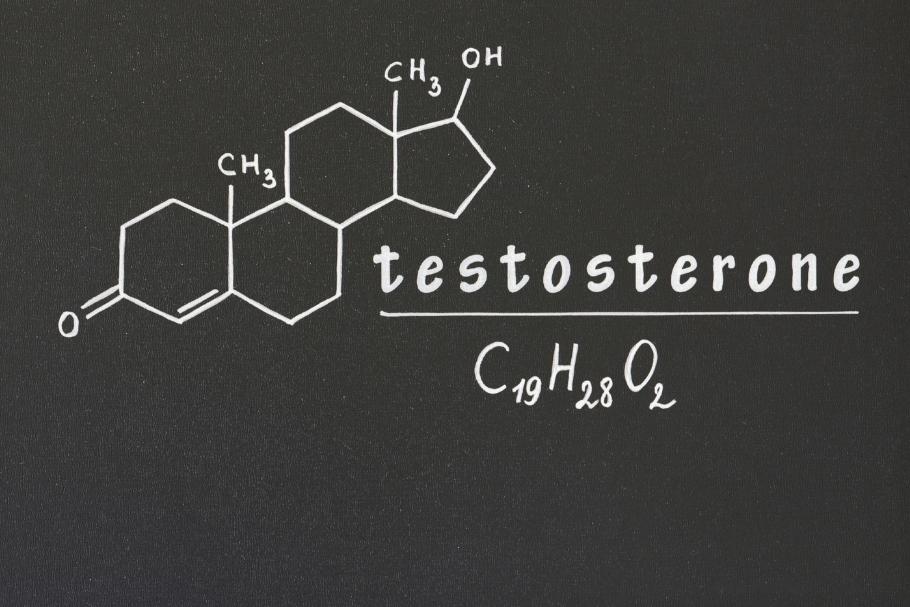

There is a lot of debate surrounding the connection between kratom and testosterone levels. Some people claim that kratom can lower testosterone levels, while others say that it has no impact on T levels.
This article will explore the evidence for and against kratom affecting testosterone levels, so you can make an informed decision about whether or not to use this herb. Well, does kratom lower testosterone levels?
Let’s get started!
Does Kratom Lower Testosterone Levels?
It's a common question asked by those considering using kratom for potential properties. After all, any substance that could potentially lower testosterone levels is likely to have negative effects on the body.
However, there is no evidence to suggest that kratom has any impact on testosterone levels. In fact, there are some claims that reveal kratom doesn’t lower testosterone levels.
So if you're wondering whether kratom lowers testosterone levels, the answer is probably no.
Yet it is reported that some kratom consumers report an increase in testosterone levels. Experts claim those who say the product reduced their test, are more than likely suffering from OPIAD (opioid-induced androgen deficiency), which has a prescription side effect of reduced masculinity hormones.
What Are the Optimal Testosterone Levels?
Testosterone is a hormone that is produced by the testicles. It is responsible for the development of male characteristics such as muscles, bones, and hair. It also helps to regulate mood and sex drive.
Testosterone levels typically peak during adolescence and early adulthood. After age 30, they begin to decline at a rate of about 1% per year.
There is no single "normal" level of testosterone. What is considered optimal will vary from person to person.
Some men may feel fine with levels that are lower than average, while others may experience symptoms such as low libido or reduced muscle mass at levels that are only slightly below average.
There is no simple answer to what are optimal testosterone levels. However, some general guidelines can be useful. For most men, a level between 300 and 1000 ng/dL is considered normal. Levels above or below this range may indicate low or high testosterone, respectively.
If you are experiencing symptoms that you think may be due to low testosterone, it is important to see your doctor for testing. Your doctor can determine if your levels are low and make treatment recommendations, if necessary.
Treatment options for low testosterone include lifestyle changes, such as exercise and weight loss, and medication. In some cases, testosterone replacement therapy may also be recommended.
What Do Scientists Think About Kratom and Testosterone Levels?
In 2018, researchers from Universiti Sains Malaysia and the University of Florida took on the challenge to determine if there was a connection between kratom and testosterone levels.
They conducted clinical trials with 19 regular users who consumed three doses of kratom per day for two years while also recording other hormone concentrations as well as biochemical information about their system.
Fortunately, this test showed no significant differences in males' serum bioactive hormones or biochemistry parameters between those who enjoy their kratom regularly over time and consumers not using it often at all (control group).
Here’re the results: After a long-term dose (between 76.23 and 94.15mg daily), kratom did not impair testosterone levels in users including female ones! In fact, regular tea/juice consumption over prolonged periods (>2 years) was not associated with any impairment to the testosterones' functions within humans themselves.
The Relationship Between Kratom and Other Hormones
There is no link between Kratom and hormones.
There are absolutely none that support an association with testosterone levels or any other body hormone for long-term consumption while it does carry potential risks when taking the last dose before usage begins in which case you should consider all medications similar to this plant product.
If you're a new user who's worried that kratom consumption may cause hormonal imbalance, don't worry. It has many advantages over its prescription counterparts.
Wrapping Up
It is always important to do your own research before making any decisions, especially when it comes to something as important as your health.
That said, we hope that this article has helped clear up some of the confusion around kratom and testosterone levels.
And if you’re ready to try kratom for yourself, be sure to get your products from a dependable distributor like Authentic Kratom. We have a wide variety of strains and extracts available, all of which are lab-tested for quality and purity. So why wait? Buy now!


